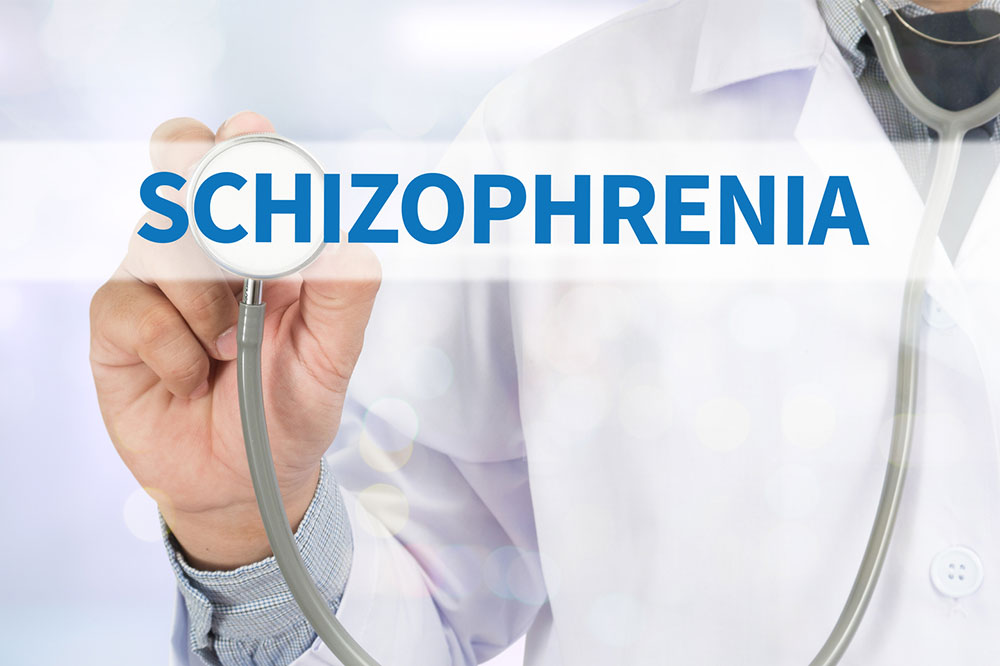Complete Guide to Recognizing and Managing Anorexia Nervosa
This comprehensive guide delves into anorexia nervosa, exploring its symptoms, causes, and treatment options. It emphasizes early detection and the importance of a multidisciplinary approach for recovery. Learn about behavioral signs, biological factors, and effective therapies that can help individuals regain health and confidence. A must-read for those seeking in-depth understanding of this life-threatening disorder and ways to combat it effectively.

Comprehensive Understanding of Anorexia Nervosa: Symptoms, Causes, and Treatment
Anorexia nervosa is a complex, life-threatening eating disorder marked by significant weight loss, intense fear of gaining weight, and a distorted perception of body image. It predominantly affects teenagers and young adults but can also impact older adults. This disorder involves a relentless pursuit of thinness, often resulting in severe physical health complications and even mortality if left untreated. While commonly associated with females, recent studies reveal that men and women over 50 also suffer from this condition, making awareness and early intervention crucial.
Anorexia manifests in various forms, but the most recognizable subtype is restrictive anorexia. Individuals in this category impose strict control over their food intake, severely limiting calories, which leads to dangerously low body weight and malnutrition. Another common subtype, binge-purge anorexia, involves episodes of binge eating followed by compensatory behaviors such as vomiting, excessive exercise, or misuse of laxatives to rid the body of calories. Understanding these variations helps clinicians and loved ones identify and address the disorder effectively.
Although the exact causes of anorexia nervosa remain elusive, it is recognized as a multifaceted disorder influenced by a combination of genetic, psychological, and environmental factors. Researchers have identified biological components such as serotonin imbalances that influence mood and appetite regulation. Genetic predispositions can make some individuals more vulnerable, particularly if there is a family history of eating disorders. Additionally, sociocultural pressures emphasizing thinness as an ideal of beauty play a significant role. Factors like bullying, teasing, low self-esteem, and perfectionist tendencies can also trigger the onset of anorexia, especially among adolescents and young adults striving for success or social acceptance.
Biological influences, such as neurotransmitter irregularities, contribute significantly to the development of anorexia nervosa. Serotonin, a brain chemical involved in mood, appetite, and sleep regulation, often exhibits imbalances in affected individuals, leading to obsessive thoughts about weight and food, and reinforcing restrictive behaviors.
Recognizing the Warning Signs: Symptoms of Anorexia Nervosa
Early detection is vital for effective treatment. Symptoms of anorexia nervosa can be behavioral, emotional, or physical. Recognizable behavioral signs include an intense restriction of food intake, compulsive exercising, frequent fasting, purging after meals, and misuse of laxatives or diet pills to manipulate weight. Emotionally, individuals may display mood swings, irritability, social withdrawal, and a distorted self-image. They may become obsessed with body checking, wear baggy clothing to hide weight loss, or deny hunger altogether.
Physically, anorexia causes a host of health problems. These include marked weight loss, fatigue, dry skin, brittle hair and nails, and gastrointestinal issues. Menstrual irregularities are common, as well as reduced bone density, weak muscles, and in severe cases, cardiac complications. Other signs include hair growth all over the body (lanugo), dehydration, low blood pressure, and electrolyte imbalances, all of which threaten life if not addressed promptly.
Effective Treatment Approaches for Anorexia Nervosa
Medical Treatment: Addressing the physical health aspects is critical. In some cases, hospitalization may be necessary to stabilize vital signs, restore weight, and monitor electrolyte levels. Psychotropic medications such as antidepressants can aid in managing co-occurring depression or anxiety.
Psychotherapy: Cognitive-behavioral therapy (CBT) remains the most effective approach, helping individuals challenge distorted thoughts about body image and food. Family-based therapy (FBT) can be especially helpful for adolescents and young adults, involving family members in the recovery process.
Support Systems and Lifestyle Adjustments: Support from family, friends, and support groups plays a crucial role in recovery. Developing healthy eating habits, promoting body acceptance, and encouraging positive self-esteem are vital components of ongoing care. Emotional support helps individuals resist relapse and build resilience.
Recovery from anorexia nervosa requires a comprehensive, multidisciplinary approach. In severe cases, specialized treatments like feeding tubes or inpatient rehabilitation may be necessary to provide structured support. The journey to recovery is often long and challenging, but with proper medical care, psychological therapy, and a strong support network, individuals can regain their health and rebuild a positive body image. Early intervention improves outcomes significantly, emphasizing the importance of awareness and prompt action.
In conclusion, understanding anorexia nervosa's complex causes, recognizing its diverse symptoms, and knowing the available treatment options are vital steps toward effective management. This serious disorder demands compassion, patience, and a dedicated healthcare effort to help those affected restore their health and well-being.





